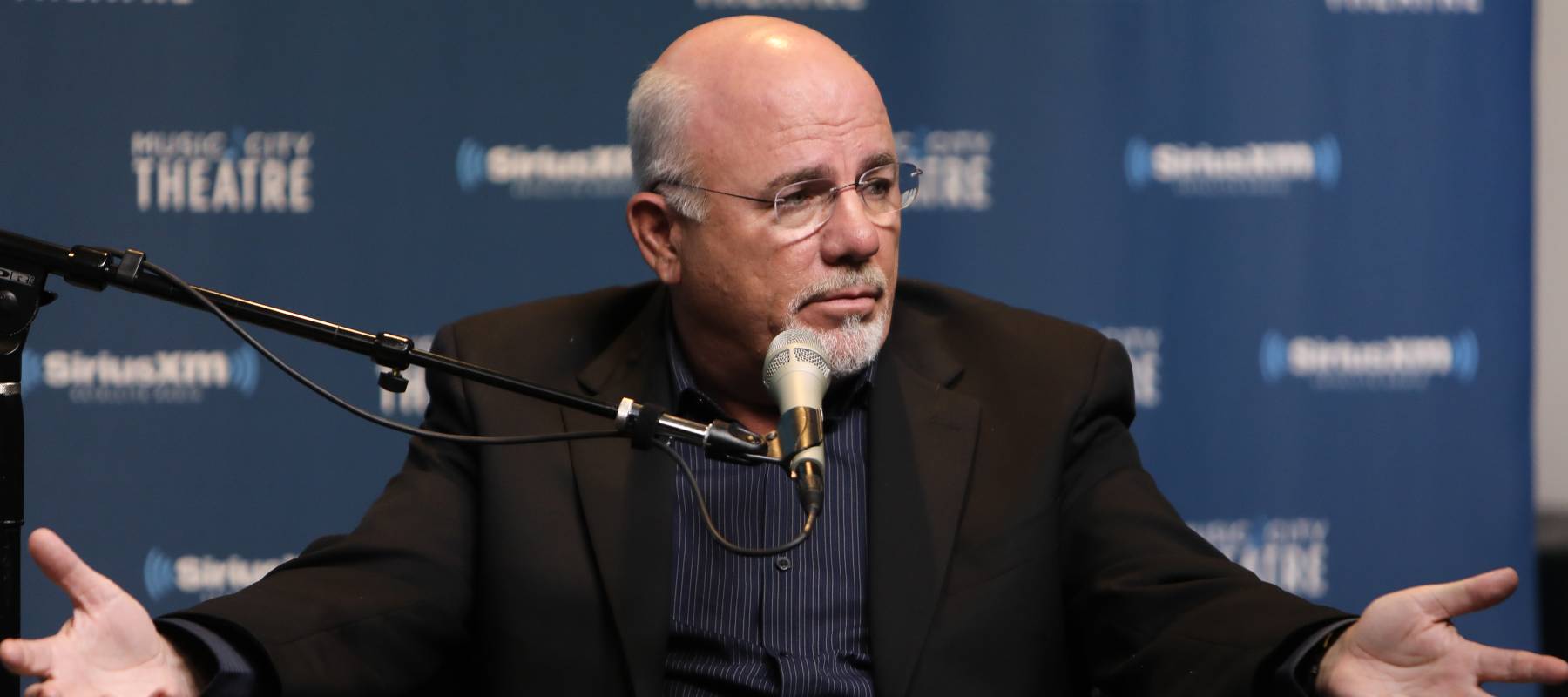1. University of Waterloo
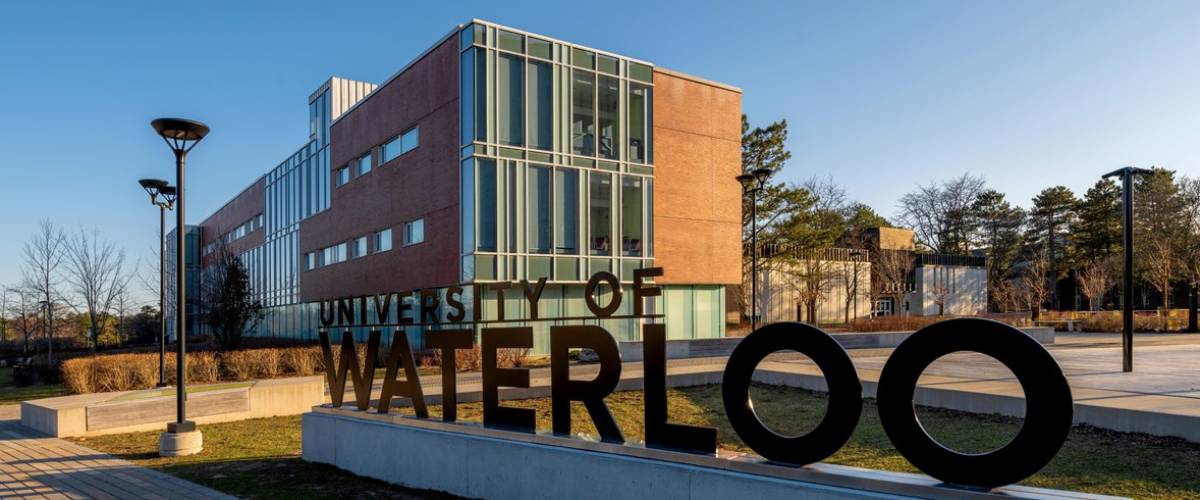
Waterloo comes in at number three on the list of Canada’s top comprehensive schools — but has the best reputation in the nation, according to the report.
The public research university ranks highly for programs like engineering and hospitality and also for employment after graduation. And it boasts the number one spot in Canada for graduate employment rate according to the most recent QS Graduate Employability Rankings.
It isn’t all sunshine and rainbows, however, especially when it comes to securing required co-op placements. “As I finished the first two terms, I found myself struggling to find coop and had to resort to the stupid we accelerate program. And as I continued to struggle to find a coop, I eventually failed the term,” said one Reddit user.
Empower your investments with Qtrade
Discover Qtrade's award-winning platform and take control of your financial future. With user-friendly tools, expert insights, and low fees, investing has never been easier.
Start Trading Today2. Simon Fraser University

SFU might not be as widely recognized across the globe as the University of Toronto, but Maclean’s considers it the country’s top comprehensive school and it placed second for its sterling reputation.
It’s known for offering plenty of co-op opportunities, at companies like Tesla and Google, and for being the first and only Canadian member of the National Collegiate Athletic Association (NCAA).
That said, Redditor user Unusual_Ruin682 takes issue with the grading system at the school, writing, “If you are in between 2 letter grade-boundaries most profs don’t give a shit and you get rounded down by ~4%. For someone who hopes to attend med school or grad school this is so cruel. I know people complain about the architecture and social life but low key I don’t think they are that bad. As a first year I kinda knew the grading scale was gonna be a pain in the ass before coming here, but I didn’t know it was gonna make my blood boil like this.”
3. University of Victoria
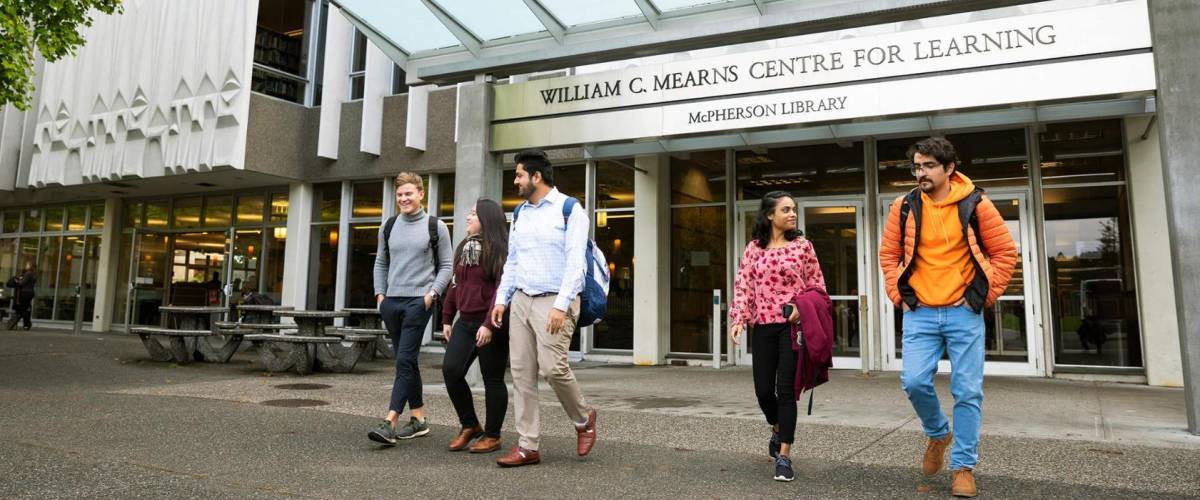
UVic boasts one of the top comprehensive education systems in Canada, as well as a beautiful, green campus and stunning architecture.
It’s situated on the southern end of Vancouver Island, which means groceries and campus food are more expensive than they’d be on the mainland. And some say the university lacks adequate infrastructure and student services.
That said, the school has a lot to offer, according to Accomplished-Sink796 on Reddit who said “UVic is expensive, but so is every other university here. However, living in Victoria is more expensive than Saskatoon for a number of reasons. If you are looking for a smaller sized school in a beautiful city where it’s not -40 for the majority of the school year, if you are into outdoor activities, and if you are willing to work to make new friends, then you will be fine and it’s a great place to be.”
Unexpected vet bills don’t have to break the bank
Life with pets is unpredictable, but there are ways to prepare for the unexpected.
Fetch Insurance offers coverage for treatment of accidents, illnesses, prescriptions drugs, emergency care and more.
Plus, their optional wellness plan covers things like routine vet trips, grooming and training costs, if you want to give your pet the all-star treatment while you protect your bank account.
Get A Quote4. Concordia University

Concordia calls itself a “next-generation university” for supporting research focused on current challenges and growing issues. It emphasizes experiential learning for students to gain hands-on experience and includes work-integrated, community-based and international opportunities.
Its District 3 Innovation Hub allows collaboration between students, faculty and alumni and helps build important entrepreneurial skills.
The school’s location makes it a big draw for students, though No_Map3944 on Reddit acknowledges that it is mostly a commuter school, saying, “Residence downtown only holds a few hundred people, so I guess it's a commuter school, but Montréal is so liveable, well-connected by transit, and (relatively) affordable that you don't really feel like it, at least imo.”
5. University of Guelph
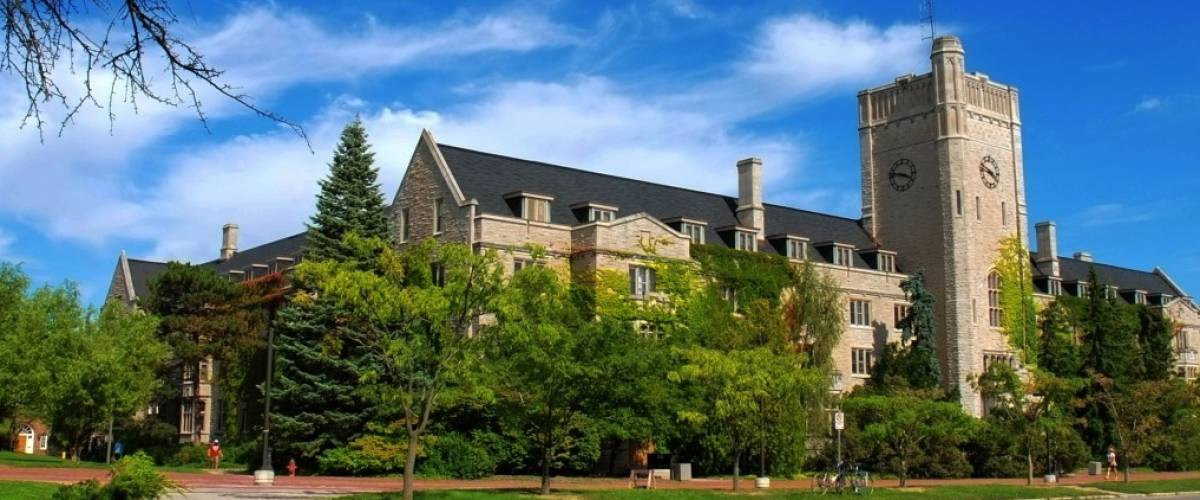
“Canada’s Food University” was established in 1964 and is home to the Ontario Veterinary College, which has ranked first in Canada, and one of the best in the world, for veterinary medicine.
UofG, which has programs for fostering food security and environmentalism, also received top scores by the International Student Barometer for its living and learning environments and ranked first for student satisfaction by Maclean’s.
Unfortunately, its location in Southern Ontario makes it less desirable for students seeking the vibrance and bustle of the big city life. That said, the small town feel is a bonus for some, including shawty_11 on Reddit who said, “The greenery and study spots are amazing. i struggle with pretty bad anxiety and get overwhelmed really easily in public but i almost never experience that on campus; there are lots of spaces to be alone if you need a moment. the scenery is relaxing as well. you can book study rooms at the library if you need to be without distractions, but there are also a lot of random spots in many of the buildings that are nice!“
6. York University
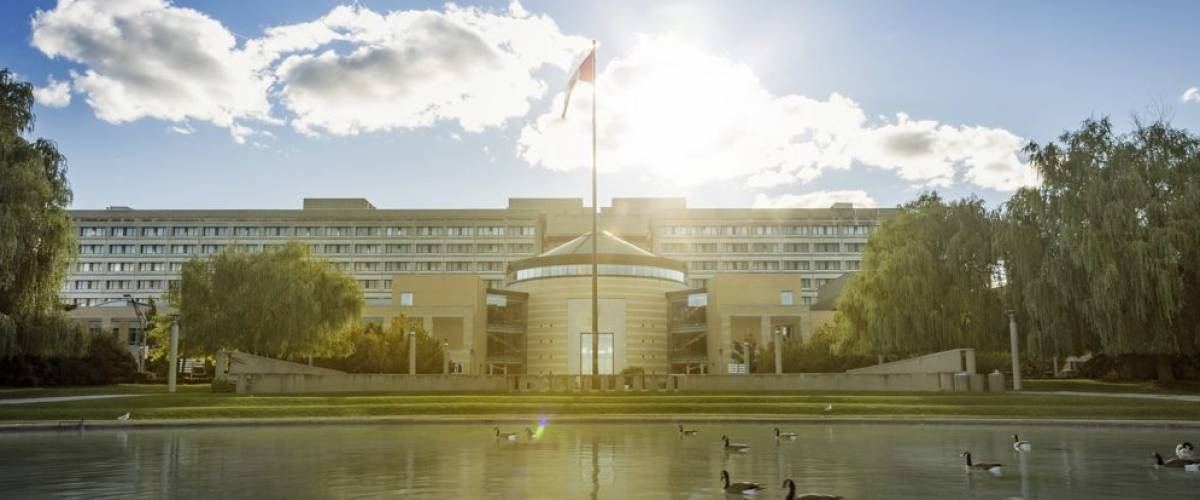
YorkU is recognized as a leading teaching and research institution and was recently recognized by QS subject rankings for demonstrating global, national education leadership.
While its STEM programs aren’t quite as lauded as those of Canada’s other top schools, the Schulich School of Business and Osgoode Law School are two of the best in the nation.
That said, the campus isn’t everyone’s idea of a lovely walk through a park. Mobile-Ad-8284 on Reddit said “Campus looks like it was made in the height of the cold war so that students and staff can survive a nuclear apocalypse. It's a very brutalist design that is hard to like.”
7. Toronto Metopolitan University (formerly Ryerson University)
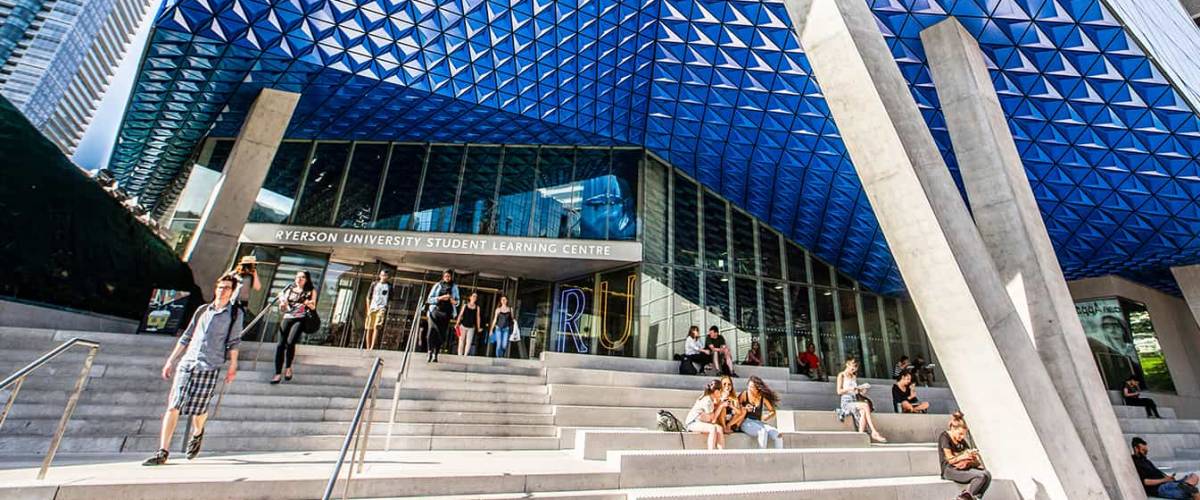
TMU, which changed its name from Ryerson back in 2022 after making headlines for calls for a name change — was labelled a trade school and polytechnic institute for many years before gaining official university status in 1993.
Located in the heart of Toronto, the still relatively young university has often been mocked by other institutions with the nickname “Rye High” in the past. However, today, TMU is recognized as one of the top institutions for undergraduate research.
Its one-of-a-kind Zone Learning option helps students gain practical, hands-on experience while launching a startup and prepares them for entrepreneurship in the real world.
Its downtown core location may cause safety concerns for potential students but redditor Potential-Celery-329 says the concern is unfounded. “The vast majority of students and the tens of thousands of people who are on campus every day do not experience violence or harassment when attending [TMU], but different people have different risk tolerances.”
8. Carleton University
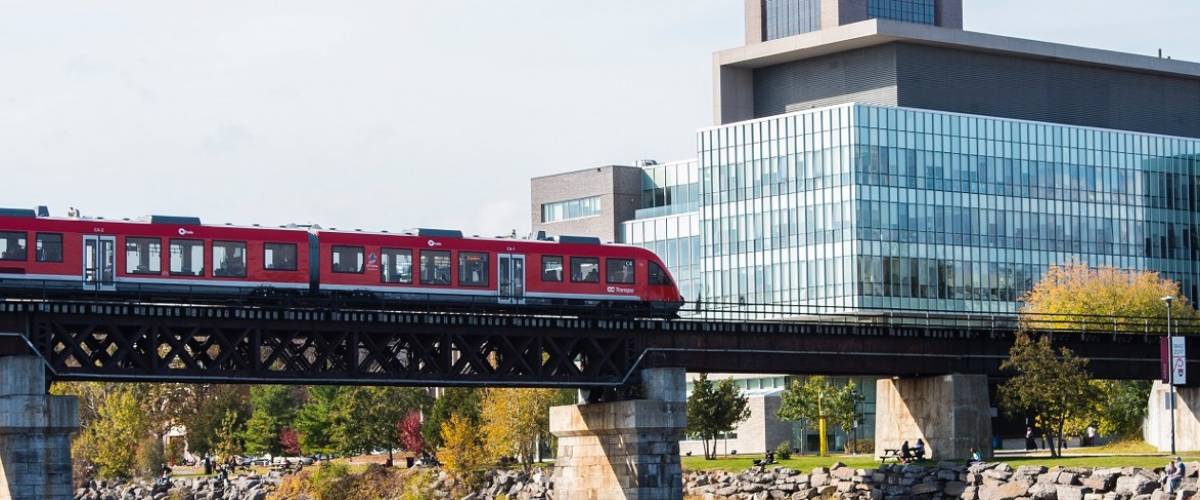
Carleton in Canada’s capital offers co-op opportunities at tech giants such as Shopify and positions on Parliament Hill. Despite tying for fifth place on Maclean’s list of comprehensive schools, however, it lags behind when it comes to reputation.
Carleton has a massive engineering faculty and is home to Canada’s oldest four-year journalism program. However, it doesn’t come with the prestige of Ontario’s other post-secondary institutions and is reputed to be “easier” to gain acceptance into, with a minimum entering grade of around 80%. Its Ottawa home is not for everyone, though.
“Ottawa is a good city, but winters are tough” a redditor MrGGibs said. “Getting a house with buddies is more affordable than Toronto. But if you are someone who likes clubs over bars, Ottawa ain’t great for that. You love skiing? Carleton has one of if not the best ski clubs in the country. So look at the school clubs you might attend cuz they’re a great way to meet people and have enjoyment in uni.”
9. Memorial University of Newfoundland
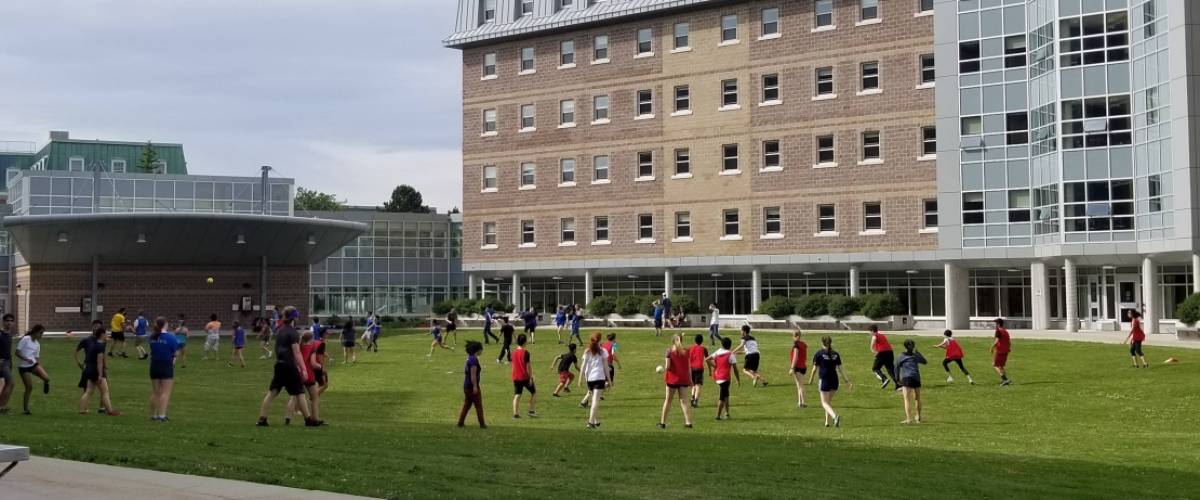
Newfoundland and Labrador’s only university, MUN was originally established as a memorial to soldiers who lost their lives during the First World War and other conflicts.
It began as a small teachers’ training school about a century ago, but currently offers over 100 degree programs. It’s also one of Canada’s top research universities, with over 40% of its research being ocean-related, and has a strong start-up culture.
While many people complain about rough winters on The Rock, the people make life in St. John’s easier to manage and thus, a more congenial school experience, overall. “Been to multiple provinces and can easily say people here are the nicest and most welcoming. 99% of the people i met here were so friendly and helpful, so make sure you go out of your way to interact with the locals,” ICORTEX4 said on reddit.
10. Université du Québec à Montréal
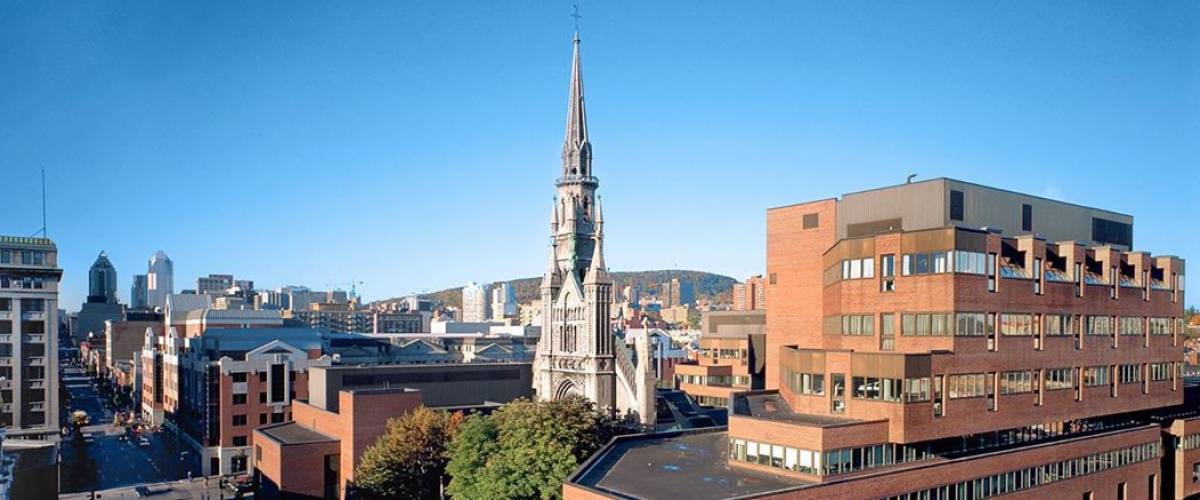
The French-language public university ranks highly for research in human sciences and natural sciences and offers over 300 programs.
However, UQAM is reputed to include lower admission requirements compared to most other universities and sits in the shadow of several other more renowned institutions. It scored last on Maclean’s list for student services, library acquisitions and operating budget.
“The University of Quebec in Montreal (UQAM) does not have the prestige and reputation that McGill, Université de Montréal or Laval University in Québec City. For one, it is the ‘newest kid on the block’ … It is situated in the midst of downtown and does not have a campus or college ‘ivied’ look ... As for the education itself, the university has branched out in different cities (Trois-Rivières, Rimouski, Rouyn-Noranda, etc.) which offer some courses but not all,” writes Claude Favreau on Quora.
11. Wilfrid Laurier University
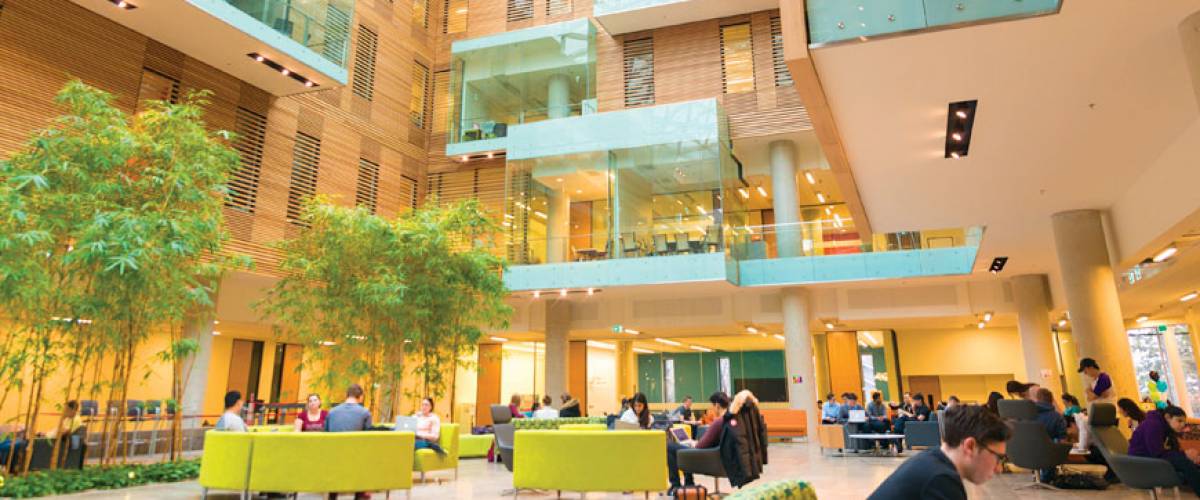
Wilfrid Laurier ranks highly for student services, but its reputation as a “party school” and lower minimum grade requirements may have pushed the university closer to the bottom of the list.
That said, WLU devotes more attention to its business and economics programs and its co-op opportunities are fairly decent, according to some alumni.
Redditor RexanZ says, “Business gets a lot of attention, especially in co-op, so if you do an arts or science co-op you feel like you’re kind of swept under the rug. . .There are fewer class choices (although the ones we have are pretty cool, in psych at least).”
12. University of New Brunswick
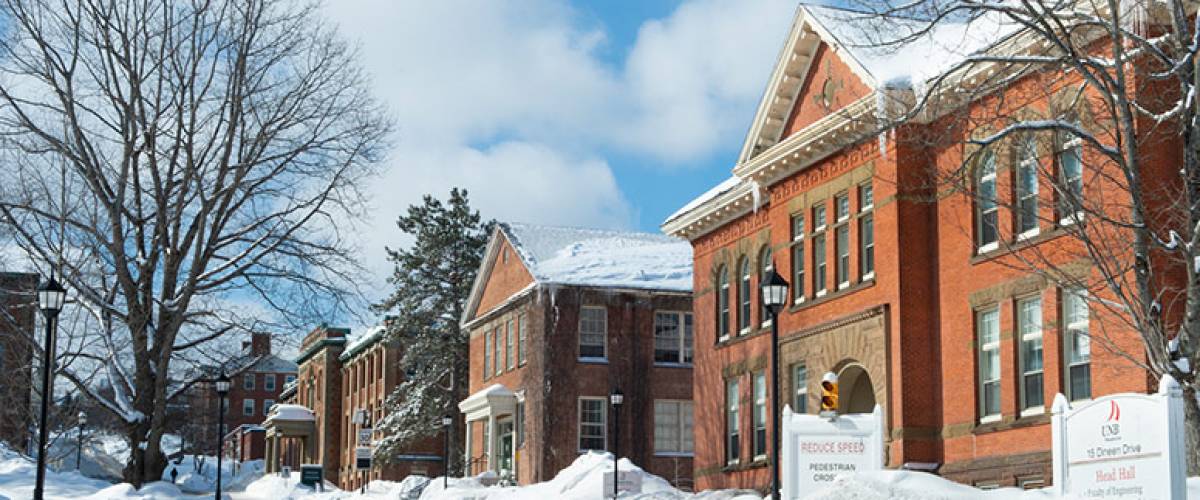
The University of New Brunswick is Canada’s oldest English speaking university, with stand-out programs in kinesiology and environment and Canada’s sole NASA-designated Regional Planetary Image Facility.
Past students say UNB is more affordable, smaller and friendlier compared to other universities, with a great social scene, but add that the course offerings are lacking.
It also falls behind the ranks of other institutions when it comes to scholarships and bursaries and medical/science grants.
The smaller and friendly feel is extended to include supports for students, which one redditor says is a major benefit the school provides. “UNB has a pretty good support system. Counseling services are free, mental health workshops and that sort of stuff is carried out sometimes,” they said.
“If you need more help, even with mental health, speak to a physician at the student service center, they are wonderful. Your academic advisors? Talk to them. Your professors? Let them know if you're having a hard time. Professors and staff at UNB are very understanding and will aid you however necessary. You will be accommodated and there is always something someone can do to help you at least in some capacity as long as you voice it out.”
13. Brock University
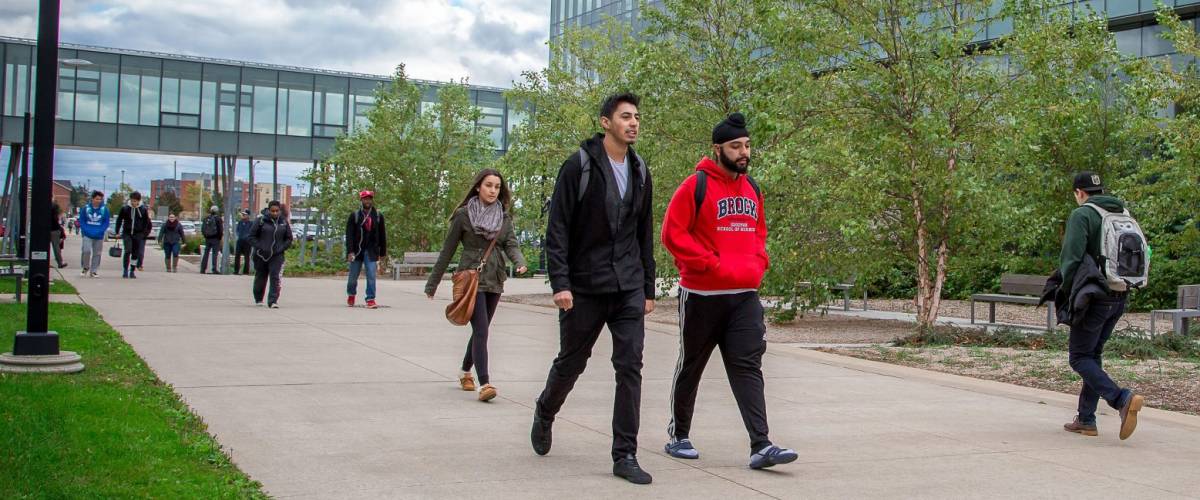
Brock University in the gorgeous Niagara Region, is one of the lowest rated universities on this list when it comes to reputation, possibly due to its relaxed, laid-back atmosphere.
Over 90% of co-op graduates end up finding work with a previous employer, says Maclean’s. However, the minimum entry grade across its arts, science and commerce departments is just 70% and the university invests the lowest amount of total research dollars.
Programs in education and business are believed to be better than others, such as in medicine and law.
“Brock and Goodman's reputation has grown tremendously in the past few years, however, you will still never get past people thinking just because ‘you can walk and talk, you can go to Brock.’ I personally have grown to be okay with this though, because it makes us the underdog,” says blueeyesred on Reddit.
14. University of Windsor
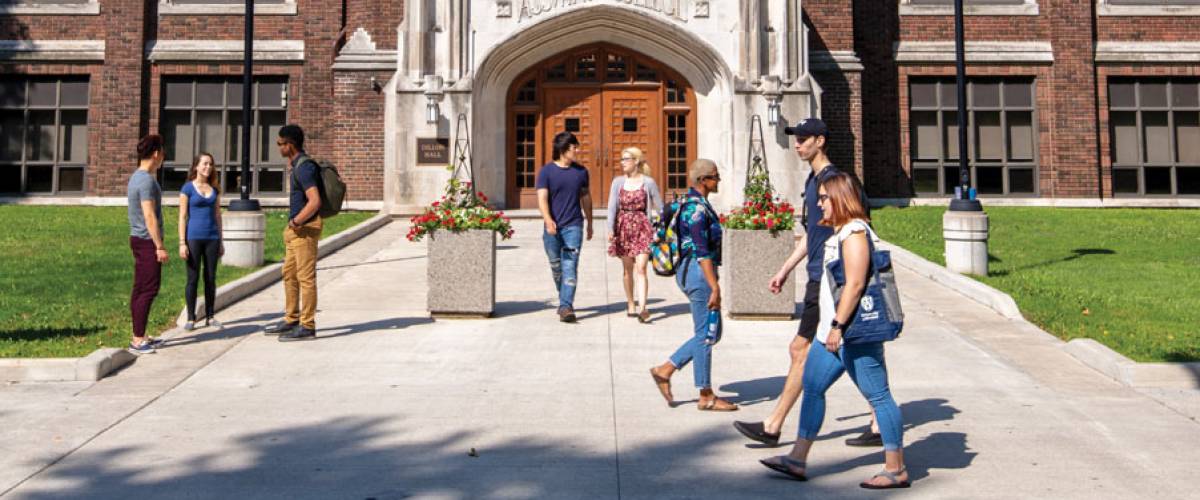
UofW is situated just by Ontario’s border with Detroit, and the university makes use of its location by offering dual programs with American schools.
However, it’s looked down upon by other educational institutions for low entry requirements — a minimum average of around 70 to 75% is considered acceptable in most departments — and the lack of nightlife and social events in the city.
“UWindsor is a school that gets very little respect outside of the Southwest Ontario (Windsor-Chatham) region. If you don't plan on living here, it will be difficult to get a job elsewhere in the province.” writes DontComeHereUWinon on Reddit, who adds that the quality of education, student life and co-op department are poor.
15. University of Regina
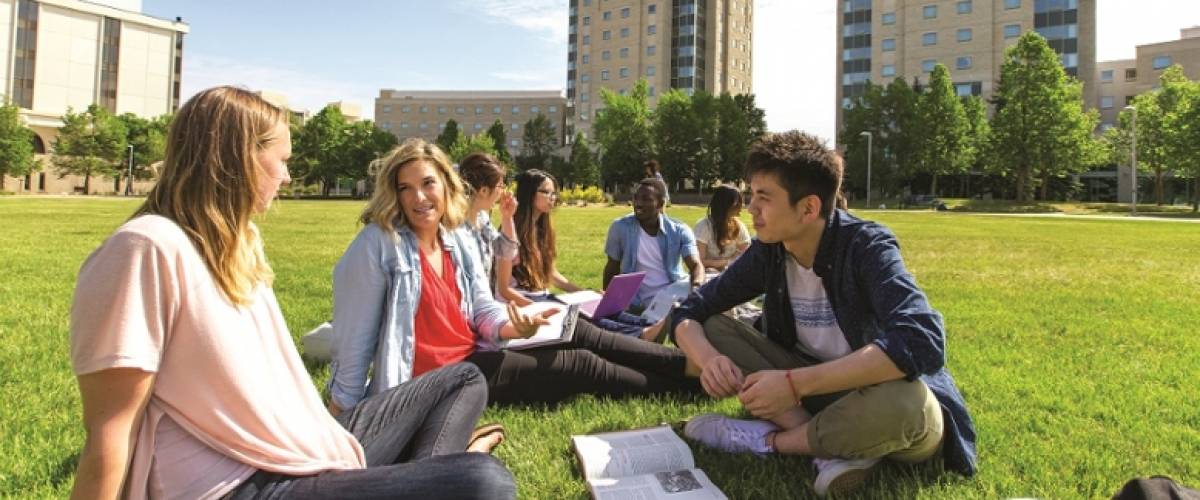
The University of Regina actually guarantees that if a grad doesn’t find a career-related job within six months, the university will pay for an extra year of tuition.
However, free schooling didn’t stop Maclean’s from scoring UofR lowest on its list of 15 of the nation’s top comprehensive schools, particularly due to student satisfaction and reputation.
The minimum entry grades are pretty low — 65% for arts and 70% for science — and some claim higher level classes are only offered once a year in one time slot.
“The education level is pretty much average I would say. There are definitely some great professors and I loved taking their classes but on the other hand there were some professors that were clueless about what they were teaching … Once you graduate, there are less opportunities for full time jobs in the city,” says Imran Jawaid on Quora.
With files from Leslie Kennedy
Sponsored
Trade Smarter, Today
Build your own investment portfolio with the CIBC Investor's Edge online and mobile trading platform and enjoy low commissions. Get up to $100 in commission-free options until October 31, 2024.




